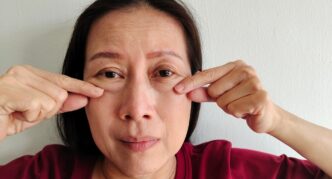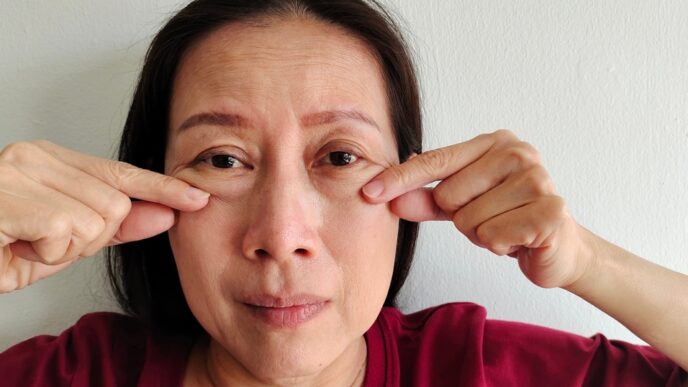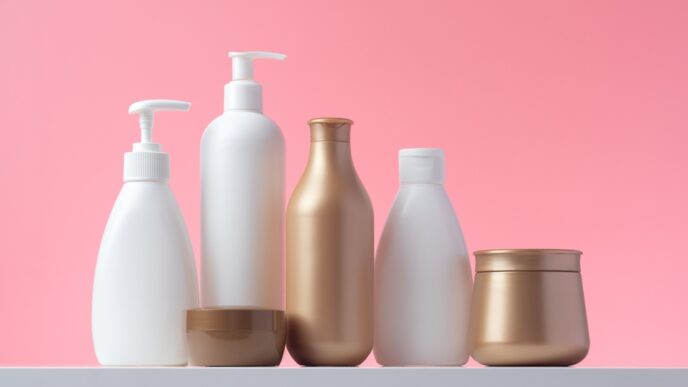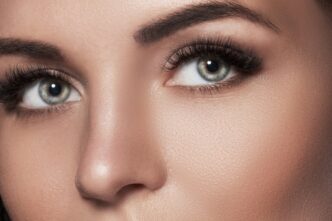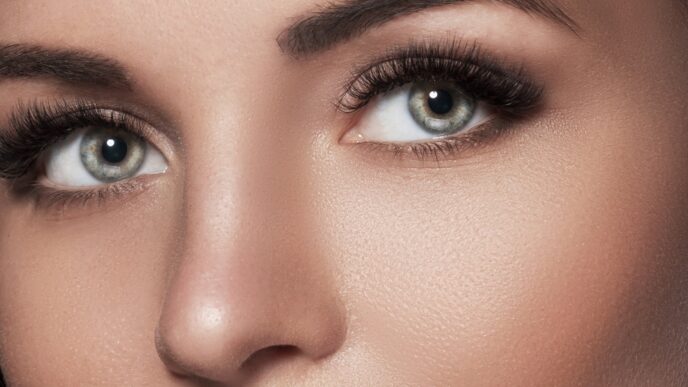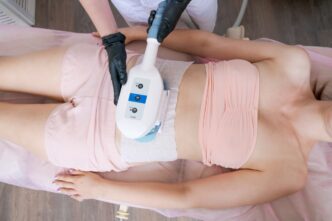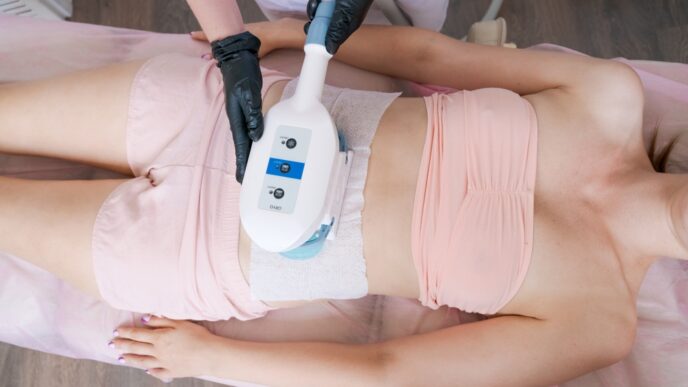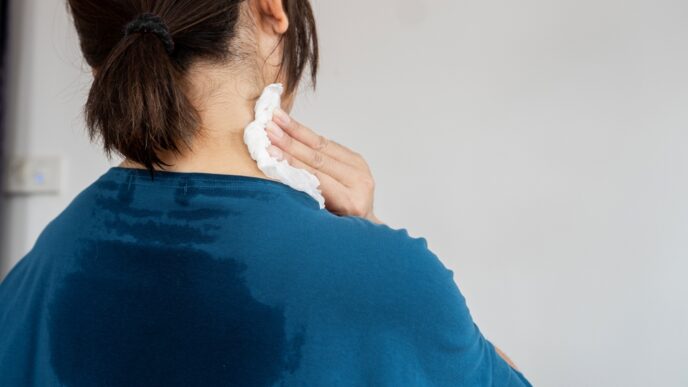Beauty sleep is real. Investing your time in quality sleep is never in vain and can even pay off more than an expensive skin care routine. A study conducted in Sweden that observed the facial features of women after normal sleep versus 31 hours of sleep deprivation, the sleep deprived individuals had more noticeable eyebags, drooping eyelids, redder eyes, darker under-eye circles, paler skin, more wrinkles and sagging corners around the mouth.
WORDS HANNAH MAY-LEE WONG
Your nightly snooze is the time when the body repairs, rejuvenates and recalls. Other than making you look refreshed, sleep plays a significant role in concreting memory, reconstructing damaged cells and has protective effects against cardiovascular disease.
Let’s look at how we can get the most out of our beauty sleep using these simple tweaks.
GET QUALITY SLEEP
Adults require 7 to 9 hours of sleep.
Experts say that getting only 5 hours of sleep can double the wrinkles you would have as compared to getting 7 hours of sleep.
This means that you need your full 7 hours to be as restful and uninterrupted as possible.
Tips
- Normalize your sleep-wake cycle by going to bed and waking up at the same time each day.
- Use your bed only for sleep and intimacy. This way, your brain associates your bed only with those purposes, helping you fall asleep quicker once you are in it.
- Avoid caffeine at least 6 hours before bedtime.
- Make sure your room is dark, quiet and at a comfortable temperature.
- Drink enough water to keep you from waking up thirsty, but not too much that you will need to get up to use the bathroom.
- Avoid vigorous activity one hour before bedtime.
SLEEP FACING UPWARDS
Sleeping sideways can apply pressure on your face all night, which can cause more wrinkle.
Reduced facial contact with your pillow might prevent skin breakouts.
Tip
- Elevate your head with a fluffy pillow when you sleep, to avoid fluid build-up and puffiness especially around the eyes.
CHOOSE THE RIGHT PILLOW
Tips
- Sleep on a pillow made of soft materials such as silk or satin pillow to help prevent wrinkles and damage to the hair.
- Change your pillowcase often, as accumulated oils and bacteria can cause skin breakouts.
- Flip your pillow once every few days.
CONSIDER A DIFFUSER OR AROMATHERAPY
Tip
- If you have a home diffuser, use with relaxing essential oils like lavender, cedarwood, ylang ylang or chamomile.
- These scents calm you and help you fall asleep, while the moisture from the diffuser helps your hair and skin keep smooth and supple.
SKINCARE ROUTINE BEFORE BEDTIME
When you sleep, blood circulation to your face is more regular.
Since your body is on rest mode, this is when your skin works on repairing itself.
This means that your skin will reap the most benefit from your skincare routine when you sleep.
Tips
- Moisturize and put on your spot treatments.
- For an extra boost, use a lightweight sleeping mask every once in a while.
- Wash your face before you sleep.
- To prevent clogged pores, make sure to remove any make-up with a make-up remover and wash your face with your usual cleanser before going to bed.
RELAX
When you are well relaxed before bed, you are more likely to get better sleep.
The better you sleep, the more youthful and refreshed you will look the next morning.
Tip
- Consider deep breathing, journaling, yoga or taking a warm bath to relax the mind, body, and soul.
NO MOBILE PHONE IN BED!
Most people sleep with their smartphones within reach, but research shows that the communication signals emitted from your phone disrupts the sleep cycle.
Subjects exposed to 884MHz GSM wireless signals experienced a decrease in amount of deep sleep.
On top of that, the study indicates that the recovery process from daily wear and tear, which normally happens when you sleep, is adversely affected.
Tips
- Charge your phone outside the bedroom, or at least far enough that you would have to actually get up to reach it. This will discourage you from reaching for the phone for one more scrolling before you sleep.
- If you need some distraction before you can sleep, consider instead reading. Your brain still gets some wind-down activity without keeping you up for too long.
| This article is part of our series on how to improve your sleep mental wellness. |



